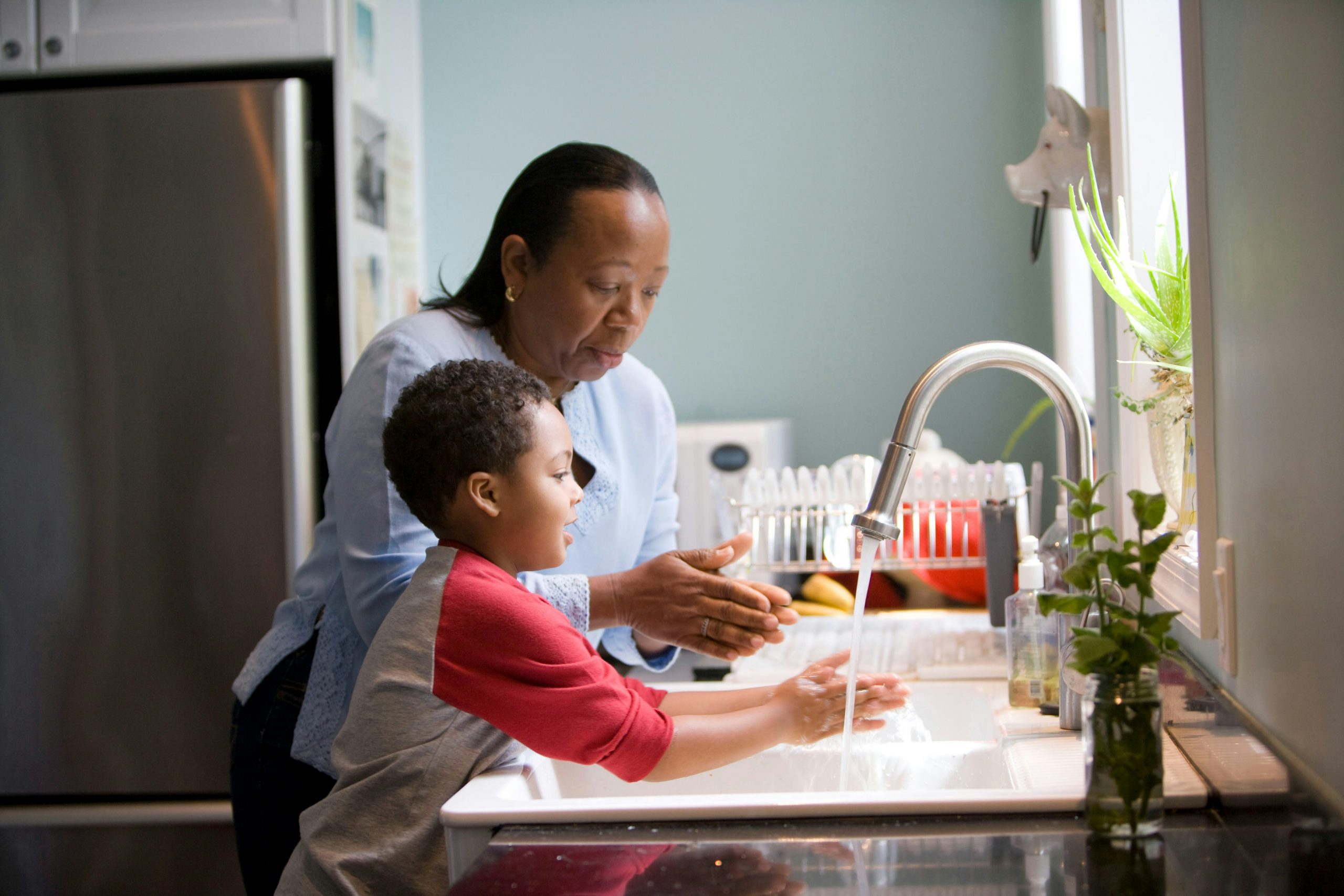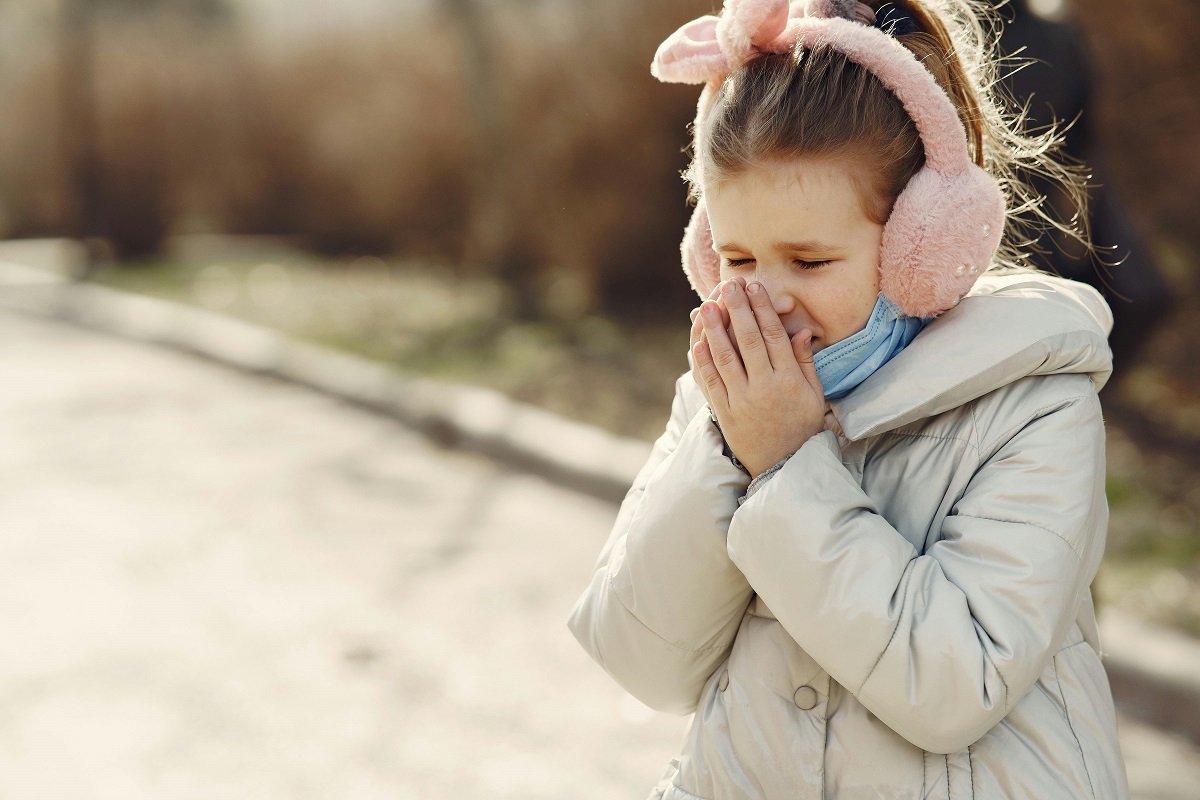
- Improve indoor air quality by keeping windows closed and using air purifiers to reduce allergen exposure.
- Practice good hygiene, including regular handwashing and laundering bed linens, to eliminate allergens.
- Stock up on allergy medications before the season starts and consult with your child’s pediatrician for prescriptions.
- Create an allergy action plan with your child’s healthcare provider to manage symptoms and know emergency steps.
As a parent, it can be heartbreaking to see your child suffering from allergies during the spring and fall seasons. The sneezing, watery eyes, and constant itching can make them miserable and affect their quality of life. However, there are steps you can take to help prepare your kids for the allergy season and minimize their symptoms. This blog will discuss essential tips to help you navigate through allergy season with your little ones.
Identify Triggers
The first step in preparing your kids for the allergy season is to identify their triggers. Pay attention to when their symptoms flare up and try to pinpoint what might be causing them. Common triggers include the following four:
Pollen
Pollen is a common allergen that can trigger seasonal allergies. It comes from trees, grasses, and weeds and can cause symptoms such as sneezing, runny nose, and itchy eyes.
Mold
Mold is another common trigger for seasonal allergies. It thrives in damp and humid environments, making the spring and fall seasons ideal for its growth. Symptoms of mold allergies include sneezing, coughing, and wheezing.
Dust Mites
Dust mites are tiny organisms that live in household dust. They can cause allergic reactions when their droppings are inhaled. Symptoms of dust mite allergies include sneezing, runny nose, and itchy eyes.
Pet Dander
If your child is allergic to pet dander, they may experience symptoms such as sneezing, watery eyes, and difficulty breathing when exposed to animals. This can make it challenging for them if you have pets at home.
Once you know what triggers your child’s allergies, you can take steps to minimize exposure. This will help reduce their symptoms and make allergy season more manageable for them.
Find a Nearby ENT Specialist

An ENT (ear, nose, and throat) specialist can help diagnose and manage your child’s allergies. They can perform tests to determine the specific triggers and provide an effective treatment plan. It’s essential to find a reputable specialist in your area who has experience working with children.
Having a specialist near you will ensure immediate medical attention if your child’s allergies become severe. For example, if you live in Singapore, an ENT specialist who is knowledgeable about allergic rhinitis in Singapore can provide valuable insight and effective treatment options for your child’s allergies. They can also offer preventative measures and strategies to prepare for the allergy season.
Keep Indoor Air Clean
One of the best ways to reduce allergy symptoms is to keep indoor air clean. Use high-efficiency particulate air (HEPA) filters in your HVAC system and vacuum cleaner to trap allergens like pollen and dust mites. Encourage your kids to keep their windows closed during peak pollen times and consider using an air purifier in their bedroom. You can also invest in hypoallergenic bedding and pillowcases to reduce exposure to allergens while sleeping.
Practice Good Hygiene

Teach your kids good hygiene habits that can help reduce allergen exposure. Encourage them to wash their hands frequently, especially after playing outside or petting animals. Consider having them shower before bed to remove any lingering allergens from their skin and hair. You should also regularly clean and dust your home to remove allergens that may have accumulated on surfaces.
Stock Up on Allergy Medications
Make sure you have a supply of over-the-counter allergy medications on hand before allergy season hits. Antihistamines can help relieve common symptoms like sneezing and itching, while nasal sprays can reduce congestion. Consult with your child’s pediatrician before starting any new medications. Some prescription allergy medications may also be necessary for more severe cases of allergies.
Create an Allergy Action Plan
Work with your child’s pediatrician or allergist to create an allergy action plan that outlines how to manage their symptoms during allergy season. This plan should include information about triggers, medications, emergency contacts, and when to seek medical help if symptoms worsen.
Managing seasonal allergies in children can seem daunting, but by taking proactive steps, you can help mitigate the effects and ensure your child enjoys a more comfortable allergy season. These strategies collectively contribute to a smoother allergy season, from improving indoor air quality to practicing good hygiene, stocking up on necessary medications, and creating a comprehensive allergy action plan.
Remember, communication with your child about their symptoms and close coordination with healthcare professionals form the backbone of effective allergy management. With careful planning and execution, you can help your child survive allergy season and thrive throughout it.



